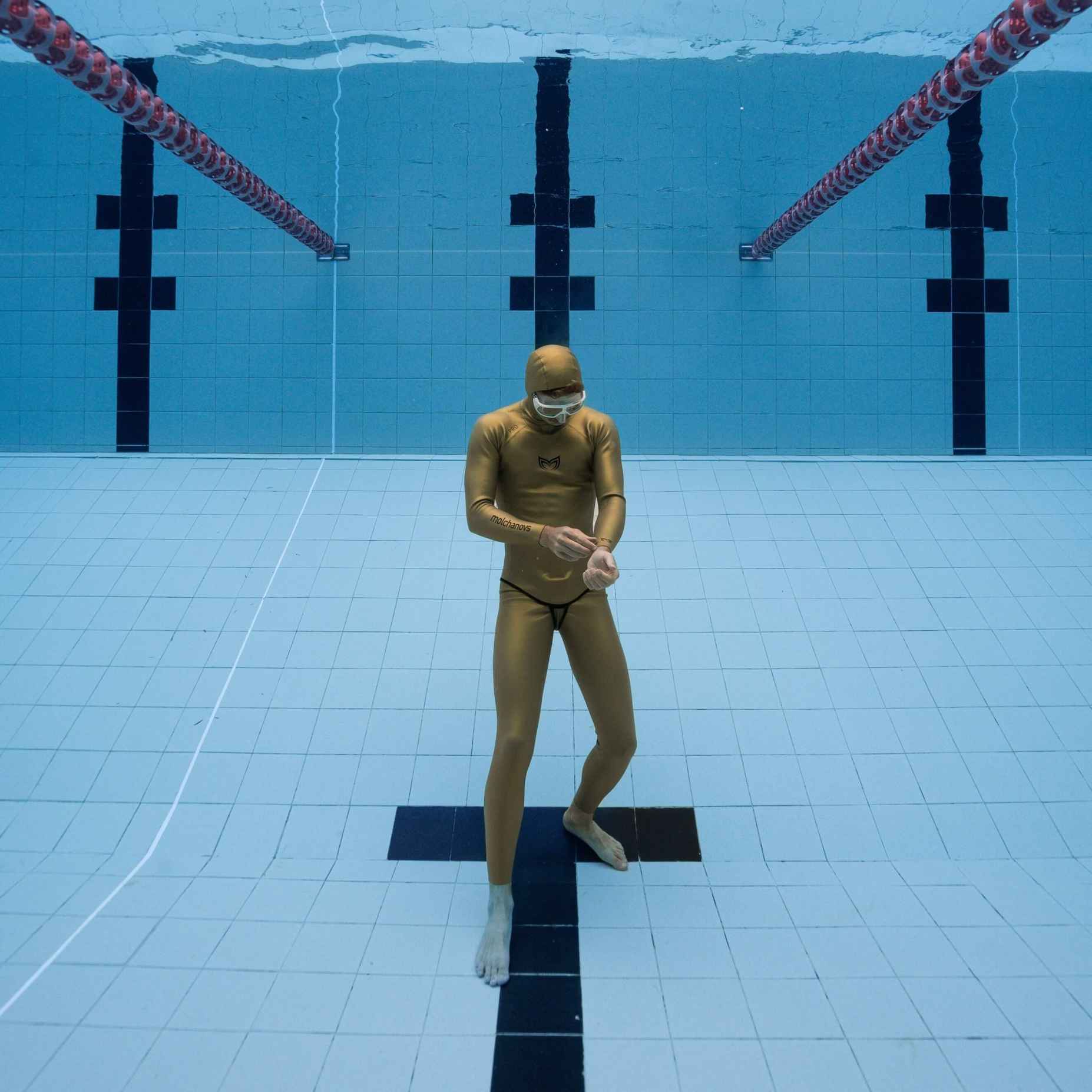Education & Safety Articles

Breathing correctly is just as much a part of freediving as breath-holding. While the benefits of breathwork in freediving include increased lung volume, longer breath-holds, and breathing muscle flexibility, did you know that incorporating breathwork in your daily life has plenty of non-freediving benefits?
Continue reading

Did you know that not all freediving training has to happen in the water? That’s right - a lot of key freediving training can happen on land and with no buddy necessary! That means that even if you are landlocked and have no pool near you (or your pool does not allow freediving), your training progress does not have to be interrupted - you can dry train anywhere. So whether you are in-between freediving courses, feeling exhausted from too much in-water training, or just going through an extended dry period on land, you can still stay freediving-ready for the next time you get back in the water. So what are the 5 key areas to focus on in dry training for freediving?
Continue reading

Equalization is one of the biggest barriers for beginners when it comes to going deeper in freediving. Even if you are already a scuba diver or avid snorkeler and have no problem equalizing while you dive, equalization for freediving is very different! One of the reasons for this difference is that freedivers must use the Frenzel maneuver to go deeper, while many scuba divers and snorkelers can get by on their dives using the Valsalva maneuver. But do you know the differences between Frenzel and Valsalva equalization?
Continue reading

The time has come! You’re a certified Lap/Wave 1 freediver (or equivalent from another agency) and ready to continue your freediving journey to become a Lap/Wave 2 student. You want to increase your chances of success and make sure you can absorb all of the new information, but you aren’t sure how to do it.
Continue reading

Static, or a breath-hold at the surface of water that is absent of movement, is one of the easiest disciplines for freedivers to train. However, when we say “easy,” we don’t mean that it’s simple to reach long breath-holds - many freedivers find static (STA) especially challenging due to the mental aspects of facing contractions for a prolonged period of time. But STA is definitely the easiest discipline for a freediver to train simply because all you need is a pool and a certified freediving buddy - and if you don’t have those, you can simply train on dry land, or even from your bed!
Continue reading




